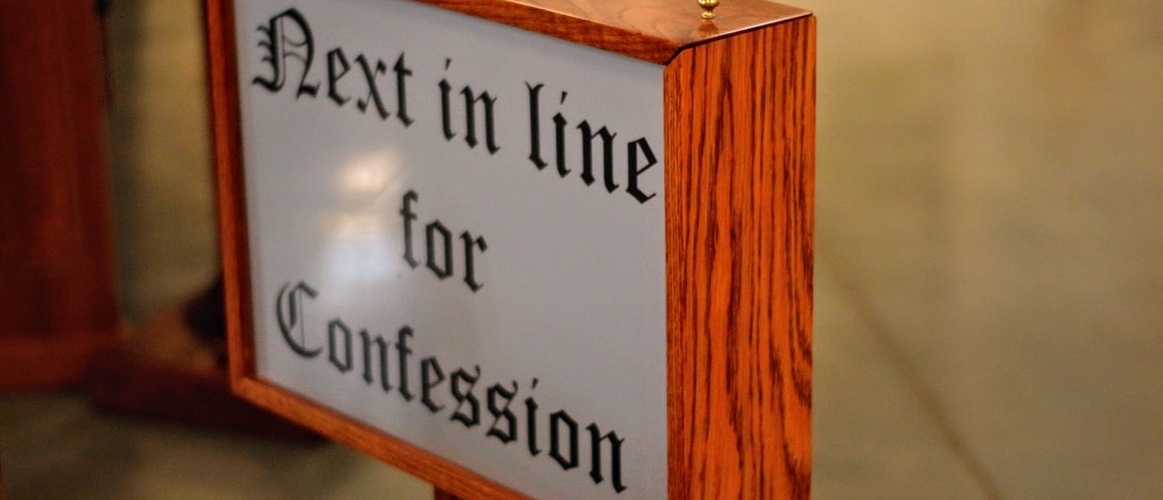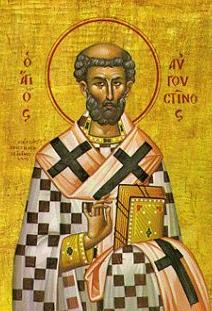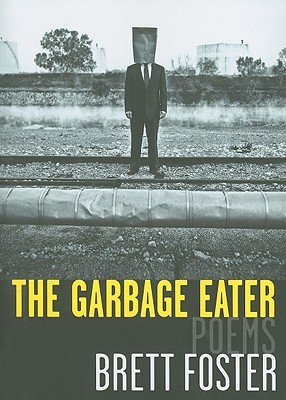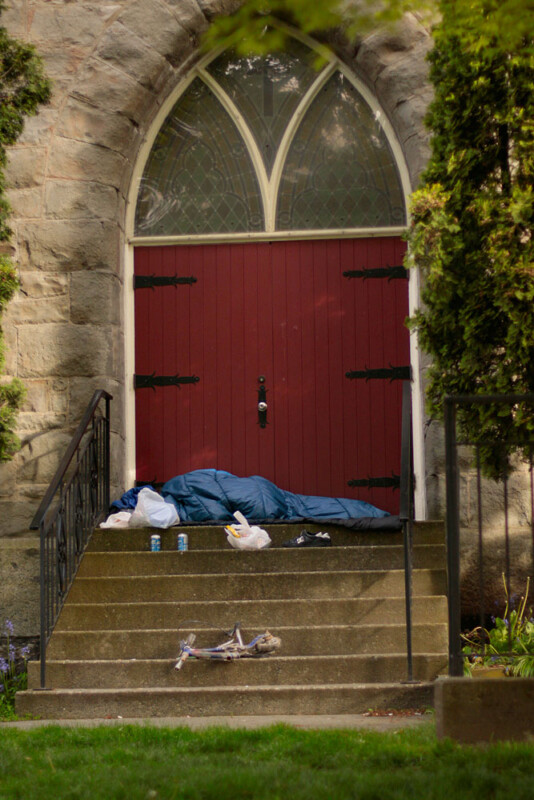Ways to Sin: Thinking about Hamartiology and Trauma with Moltmann
Samuel J. Youngs explores sin and traumatization with Jürgen Moltmann.

Samuel J. Youngs explores sin and traumatization with Jürgen Moltmann.

Jordan Baker suggests that Augustine’s philosophy of time can teach Christians how to engage science.

Andrew Arndt suggests a bridge between Augustine’s eschatological vision in City of God and his thoughts on divine eternity in Confessions.

Not unlike the admonitions of Karl Barth and Dietrich Bonhoeffer, religious leaders’ calls to welcome the disenfranchised stranger often fall on deaf ears in their congregations. I can’t help but wonder what’s going on here. What has brought the American church to this place? Why are so many Christians going against their religious authorities on this particular issue?

Intellectual traditions are dynamic entities. They grow and change over time. In fact, if Alasdair MacIntyre is correct that a tradition is “an historically extended, socially embodied argument, and an argument precisely in part about the goods which constitute that tradition,” then this dynamism is perhaps the distinctive characteristic of tradition-as-such.[1] Thus, precisely because traditions […]

Brett Foster, The Garbage Eater (Evanston, IL: TriQuarterly Books, 2011). It is said that we are what we eat, that our appetites and outputs are in sync. Often, that’s also the case in the relationship between reading and writing. In reading Brett Foster’s debut poetry collection, The Garbage Eater, it becomes readily apparent that—for […]

I’m profoundly grateful to these scholars for taking time to carefully, critically, and charitably engage the second edition of The Fall of Interpretation—and in the summer, of all things! This kind of constructive engagement is a real gift to an author, and I’m glad to have the opportunity to continue the conversation by replying to […]
In this article, William Dyrness responds to Robert Covolo and Cory Willson’s attempt to position themselves between theological account of culture and cultural practices outlined in James K. A. Smith’s book Desiring the Kingdom and Dyrness’s book Poetic Theology.

In this interview, Ward contrasts the way evil is used in public discourse with the Christian understanding of evil and then calls on theology to help us imagine a different future.
